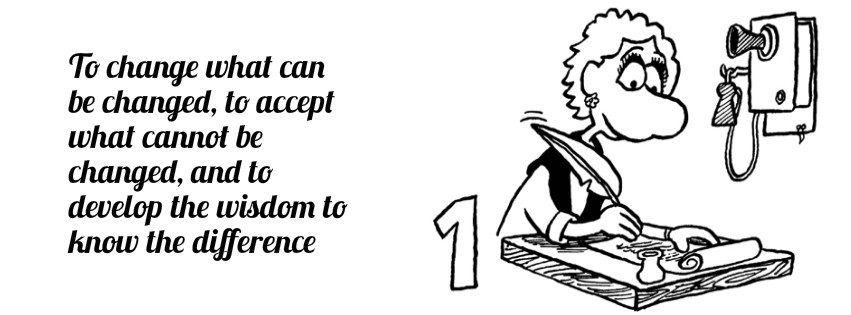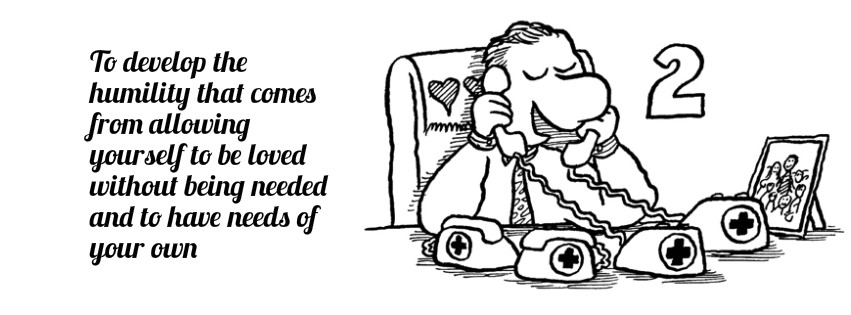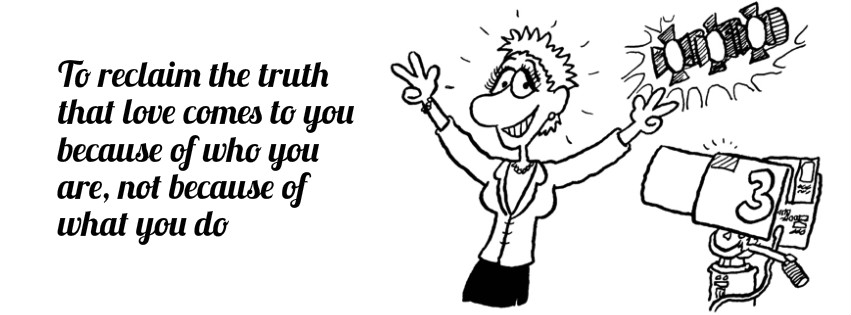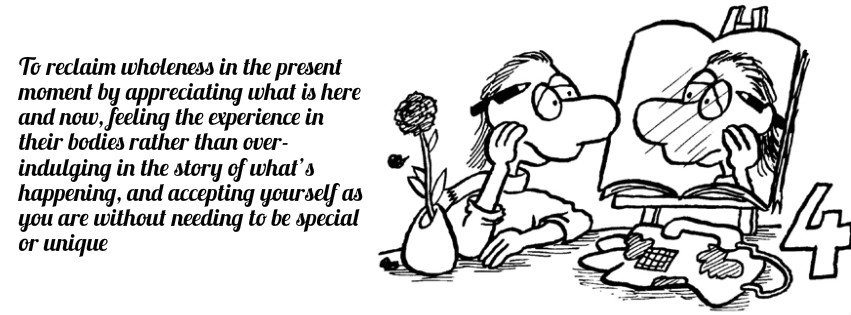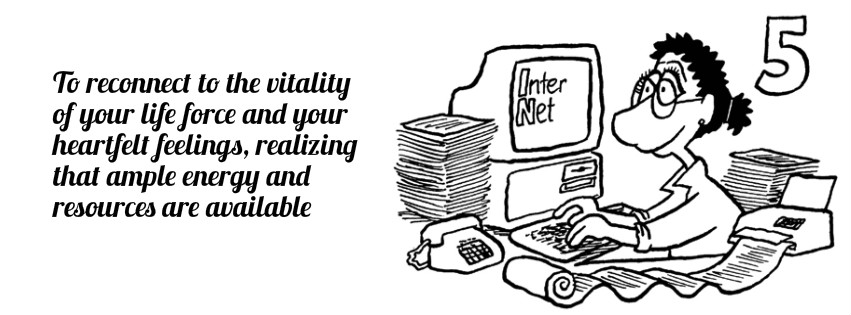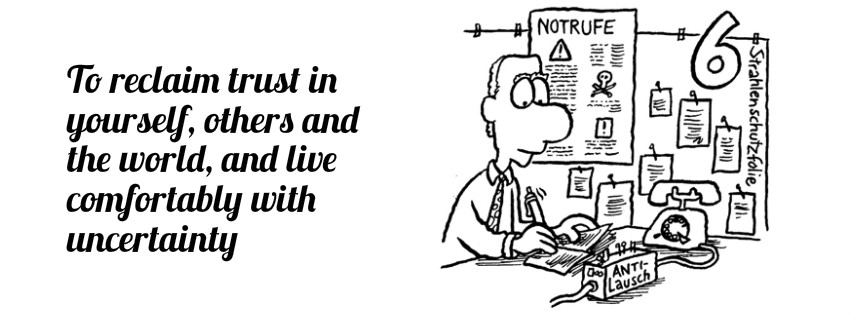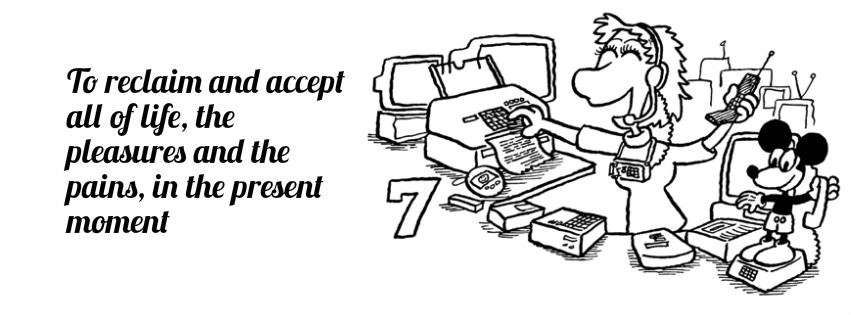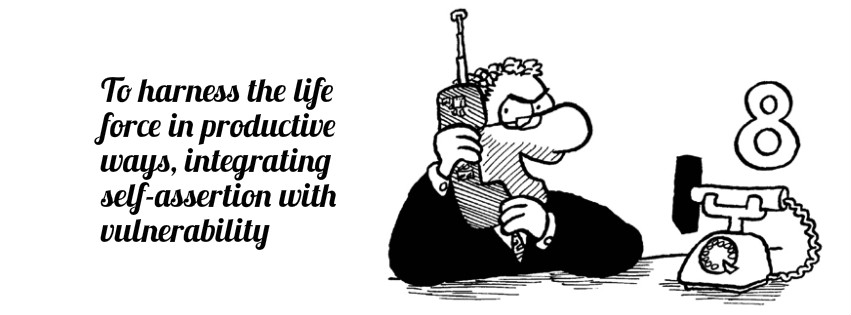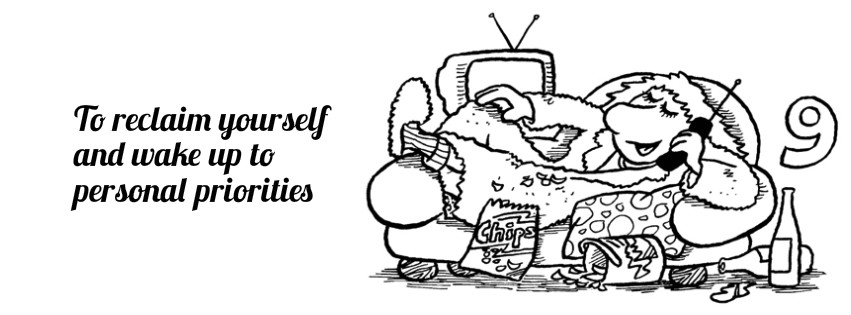“Compared with what we ought to be, we are only half awake. Our fires are damped, our drafts are checked. We are making use of only a small part of our possible mental and physical resources” – William James
Knowing our innermost core motivation, our basic fear and desire, will set us free from our distortion of the reality and point us to the right direction for awakening and transformation from within.
Type 1
Lost Childhood Messages: “You are good.” And “It’s okay to make mistakes.”
Basic Fear: Of being corrupt/evil, defective
Basic Desire: To be good, to have integrity, to be balanced
Distortion: Value-judging, condemning self and others
True Nature: Goodness, Sacredness
Ones fear that they are bad, corrupt, or evil. They desperately seek a feeling of integrity, wholeness, and morality. They feel like they must be crusaders for what is right and rid the world of what is corrupt. They tend to take life seriously and are usually responsible and hard-working. Their principles and values guide everything that they do. They often wonder why other people have such lax standards for themselves. Sometimes their desire for integrity can lead them to having judgmental behaviors, self-righteousness, and/or perfectionism.
Type 2
Lost Childhood Messages: “You are wanted for who you are.” And “It’s okay to have your own needs.”
Basic Fear: Of being unwanted, unworthy of being loved
Basic Desire: To feel loved
Distortion: Giving your value away to others
True Nature: Love, Sweetness
Twos fear being unworthy of love or fundamentally unlovable. They have a genuine concern for others and want to nurture and care for them. They see themselves as “healers of the broken-hearted” and are often more aware of others’ needs than their own. They want to feel needed, appreciated, and affirmed. The only problem is that this can sometimes lead to a ceaseless need to be needed or even pride at how much other people have come to need them.
Type 3
Lost Childhood Messages: “You are loved for yourself.” And “It’s okay to have your own feelings and identity.”
Basic Fear: Of being worthless
Basic Desire: To feel valuable and worthwhile
Distortion: Trying to be other than they authentically are
True Nature: Value, Glory
Threes have a terrible fear of being worthless or without inherent value. As a result they seek after achievement, value, and a sense of significance in the world. They strive to be competent, effective, and successful. They are extremely goal-oriented and hard-working, and can feel lost or adrift when they aren’t accomplishing things. Unfortunately this can sometimes lead to a constant chasing after success that always feels out of reach.
Type 4
Lost Childhood Messages: “You are seen for who you are.” And “It’s okay to be functional and happy.”
Basic Fear: Of being without identity or personal significance
Basic Desire: To be oneself and find their significance/identity
Distortion: Making negative comparisons
True Nature: Identity, Depth
Fours greatly fear having no identity or personal significance. They often feel alone and misunderstood, as if they are an outcast looking at the rest of the world from a forgotten corner. They are usually enigmatic and tend to hide part of themselves. They are brutally honest with themselves about their shortcomings and flaws. While many other types try to ignore their own flaws, fours reflect on them and are always striving for greater self-knowledge and authenticity. Unfortunately, fours can struggle with bouts of self-pity or melancholy.
Type 5
Lost Childhood Messages: “Your needs are not a problem.” And “It’s okay to be comfortable in the world.”
Basic Fear: Being useless, helpless, or incapable
Basic Desire: To be capable and competent
Distortion: Over interpreting their experience
True Nature: Illumination, Clarity
Fives struggle with the core fear of being incapable or incompetent. They feel an endless urge to fill their minds with knowledge and accurate information. They pore over details and want to learn as much as possible about the subjects they are interested in. They tend to be independent, reserved, and extremely curious. They often feel like their minds are always racing with ideas and information that they want to explore. In the quest for their core desire some fives can become stuck – drowning in specialization on a topic that won’t get them anywhere.
Type 6
Lost Childhood Messages: “You are safe.” And “It’s okay to trust yourself.”
Basic Fear: Of being without support and guidance
Basic Desire: To have security and support
Distortion: Becoming dependent on something outside themselves for support
True Nature: Awakeness, Guidance
Sixes are plagued by anxiety and often feel alone in the world, as if they have no support or guidance. They try to find a group, authority, or belief system that they can trust in without question – but this desire is countered by their simultaneous skepticism. They question everything and struggle to trust. They are often strategic, hard-working, responsible, and suspicious. They are always looking forward, trying to predict terrible things on the horizon so that they can be prepared and avoid disaster. The downside to this is that sixes can become constantly fearful or unable to know what they believe because their mind is riddled with doubt about everything.
Type 7
Lost Childhood Messages: “You will be taken care of.” And “It’s okay to depend on others.”
Basic Fear: Of being deprived and in pain
Basic Desire: To be satisfied and content—to have their needs fulfilled
Distortion: Anticipating what they are going to do next
True Nature: Freedom, Joy
Sevens are terrified of being trapped or in pain. As a result, they seek freedom and adventure. They want to live life to its fullest and be as busy and active as possible. They are driven by their curiosity and have a contagious sense of optimism about what life will hold. They hate being bored and enjoy brainstorming lots of new ideas and experiences to enjoy. Actually implementing those ideas can be tough though because they are easily distracted. The downside to the seven mindset is that it can sometimes lead to frenetic escapism and self-indulgence.
Type 8
Lost Childhood Messages: “You will not be betrayed.” And “It’s okay to be vulnerable and to trust others.”
Basic Fear: Of being harmed or controlled by others
Basic Desire: To protect themselves (to be in control of their own life and destiny)
Distortion: Trying to force or control their life
True Nature: Strength, Aliveness
Eights are self-confident, willful, and assertive. They are running from their core fear of being harmed or controlled by others and seek independence and control of their own lives. They know how to get results and apply just the right amount of force to get things done. They are usually determined, strong-willed, and honest. They believe that people need to be pushed past their comfort zones to achieve their best and they are often testing their own limits to ensure that they are capable and have the power to get through life. The downside to the eight mindset is that it can lead to constant fighting and a need to intimidate or challenge others.
Type 9
Lost Childhood Messages: “Your presence matters.” And “It’s okay to assert yourself.”
Basic Fear: Of loss of connection, fragmentation and separation
Basic Desire: To have inner stability and at peace
Distortion: Resisting being affected by their experiences
True Nature: Wholeness, Unity
Nines are the types most fearful of fragmentation and a loss of connection with the people they love. They make people feel safe and they enjoy being comfortable and in harmony with the world around them. They are usually laid-back and even-tempered, taking what life brings them in a matter-of-fact, down-to-earth manner. They believe in emphasizing the good in life rather than focusing on the bad and they enjoy delighting in the simpler pleasures of life. They dislike creating a scene, fighting, or getting worked up over the “little things”. The downside to this is that it can lead nines to becoming neglectful or passive.

